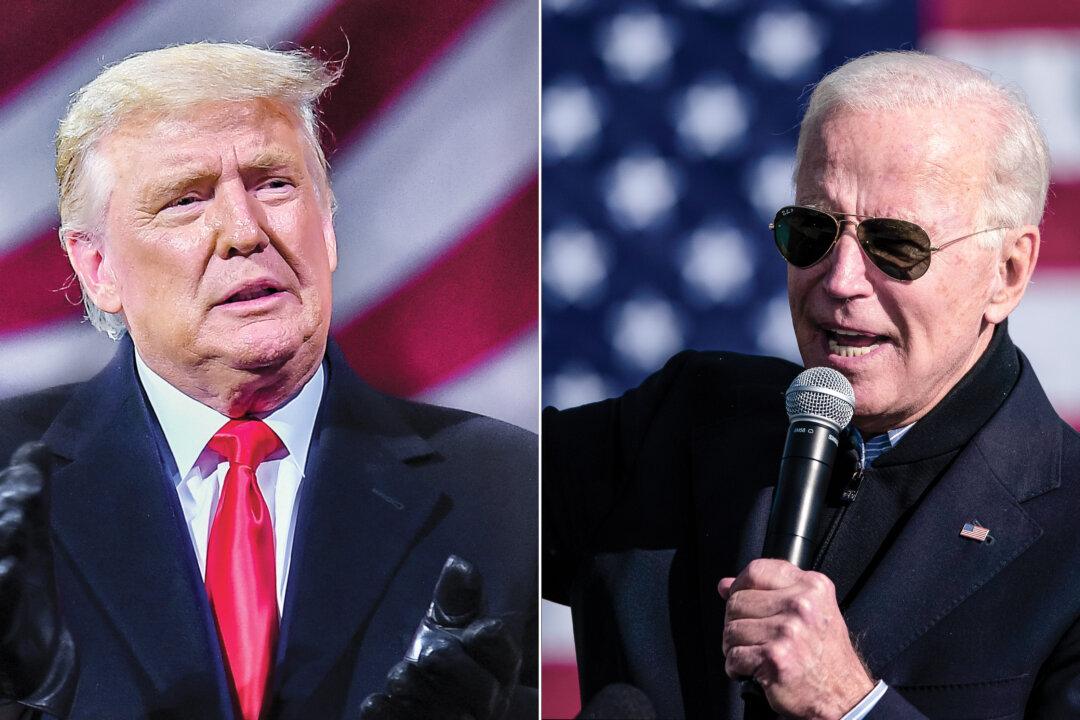Americans are heading to polls across the country as Election Day dawns following the wind-down of bitter campaigns, with control of the White House, Senate, House, and a handful of governorships up for grabs.
The outbreak of the CCP (Chinese Communist Party) virus has infused this year’s election with an unprecedented dynamic, with a record number of mail ballots cast and vote submission and count deadline extensions in some states prompting warnings from elections officials that the outcome may not be clear for days to come.





